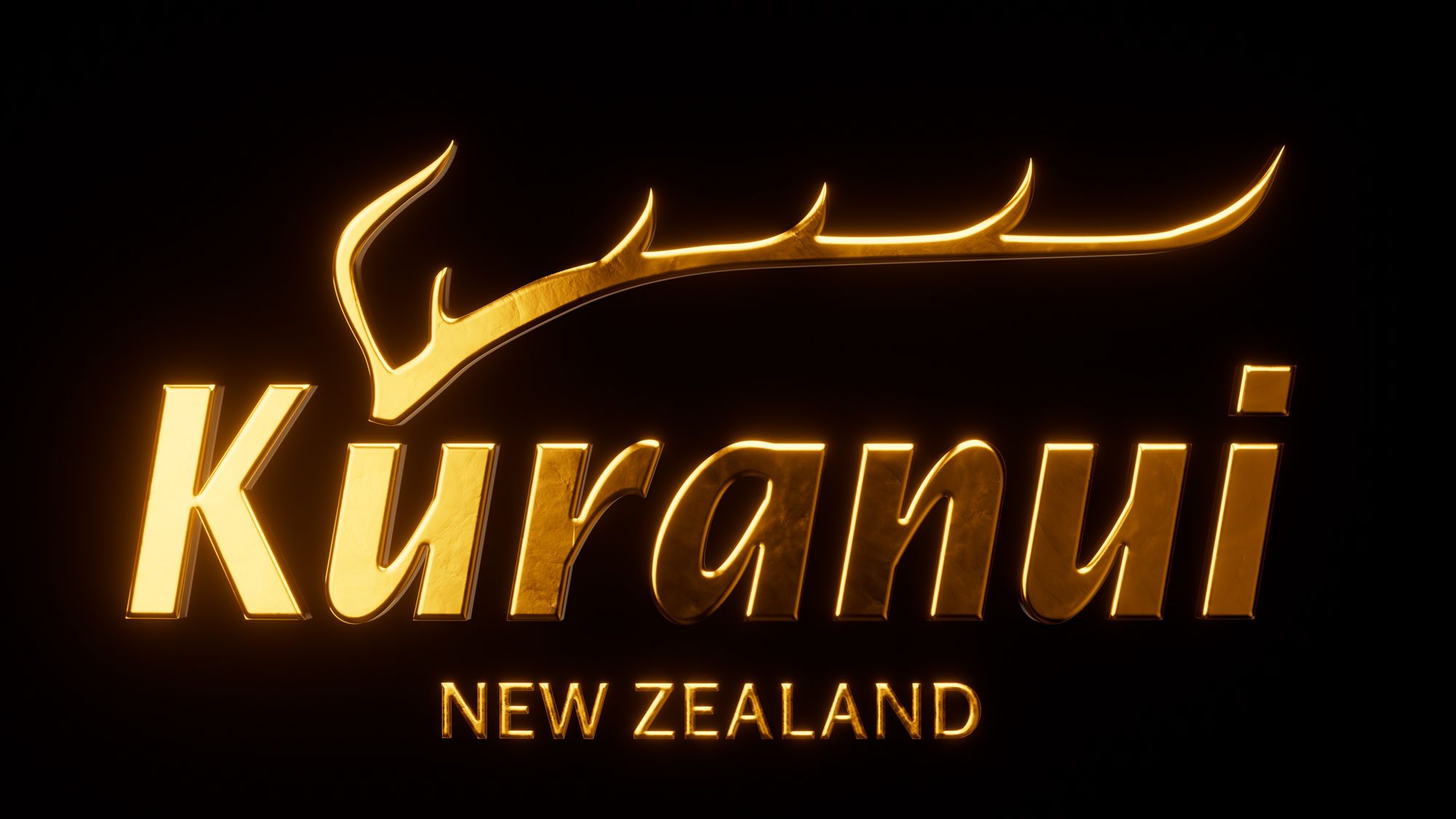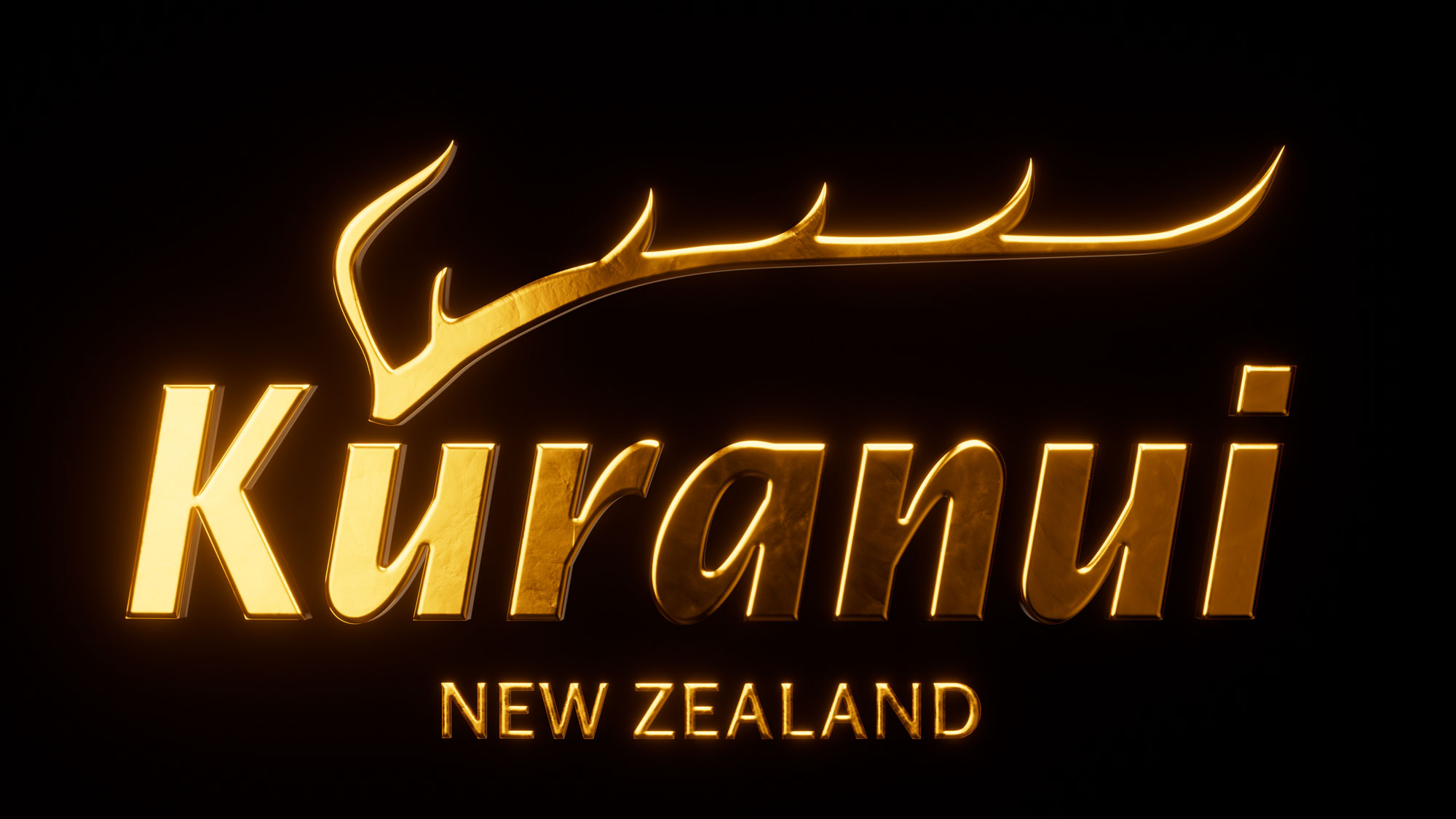FAQs
Your Questions, Our Answers
Explore our FAQ page for all the information you need about Kuranui’s hunting experiences, accommodations, and activities—ensuring your adventure is seamless and unforgettable.
Kuranui FAQ
Find everything you need to know about your Kuranui adventure, from hunting tips to local attractions, all in one place.
Here, you’ll find answers to the most common questions about Kuranui’s hunting experiences, accommodations, activities, and everything in between. Whether you’re planning your first visit or looking for more details on what to expect, we’re here to ensure your adventure is as smooth and enjoyable as possible. If you don’t find what you’re looking for, feel free to reach out to us.
What a wonderful trip of a lifetime we’ve had! Everything was top notch! Ya’ll truly have a great family, and we are so lucky to have been able to spend time with all of you.
- Mark & Patsy Pirkle
Hunting
You can book your hunting trip up to three years in advance or make a last-minute reservation if needed. Since the Red Stag rut takes place during March and April, this period tends to book out quickly, so we recommend securing your spot early!
Hunting in New Zealand is available year-round, as there are no strict seasonal restrictions. Most deer species enter the rut from early March to late April, making this an ideal time for hunting. The prime season for Red Stag runs from late February through to the end of July. For Tahr and Chamois, their winter coats typically remain until the end of September, offering excellent opportunities for hunting during this period.
No, you are more than welcome to hire one of our specialty firearms for a modest fee (for more information on this ask one of our awesome staff). Guests may use a variety of firearms throughout their hunt. Our Kuranui firearms are kept in top condition and equipped with high-quality lenses and optics to ensure top quality performance on your hunt.
A decent pair of binoculars is essential for observing wildlife. There will be many opportunities to spot game. However, a spotting scope/binoculars are not essential as your Kuranui Hunting guide will have one with him or her.
Shot distances depend on the type of animal being pursued and, more importantly, the hunter’s confidence at different ranges.
For deer and most other wildlife, typical shooting distances range from 100 to 250 yards, while tahr and chamois are generally taken at ranges of 200 to 350 yards.
Bringing your firearm and/or ammunition into New Zealand is fairly straightforward with a bit of preparation. You’ll need to apply for a visitor’s firearms licence at least 4 months before your trip and secure an import permit in advance.
Specific airline requirements may vary, so be sure to check with your carrier. Most airlines require firearms and ammunition to be packed in separate bags, and many also mandate that the bolt be removed from the firearm.
For more details, visit the New Zealand Firearms Safety Authority website. Alternatively, feel free to contact us at [email protected]—we’re happy to assist!
Any of the .30 calibres or .270 up. In New Zealand, handguns are not permitted.
Each year, we welcome many bow hunters. For those truly dedicated to experiencing New Zealand’s hunting heritage at its most authentic, this offers the ultimate challenge. We don’t hunt over feeders or from tree stands; instead, we practice spot-and-stalk hunting, walking up or down hills. Shot distances typically range from 15 to 60 yards.
Yes, since our game animals are free from foreign parasites or diseases, most countries—especially the United States—allow you to bring meat home.
Before you depart, we’ll prepare your meat, either refrigerated or frozen. If you plan to take your meat with you, we recommend packing a small cooler that fits inside your main suitcase or checking in a larger cooler capable of holding up to 50 lbs.
Your trophies will be chilled or frozen until the hunt is complete. Afterward, we’ll transport them to a local taxidermist, where you can decide whether to have them mounted locally or salted and shipped to a specific business. Shipping costs vary depending on the size of the crate. Our taxidermist can provide an estimate based on your preferences upon request.
The trophies will then be shipped from New Zealand to your home country. It’s recommended to work with a customs broker to clear your trophies and forward them to the desired location. Our local taxidermist can assist you in finding a customs broker if needed.
Your trophies will arrive at the nearest Fish and Wildlife port in the US within approximately 90 days. To ensure we can process the necessary paperwork for the export of your trophies after your hunt, please bring your taxidermist’s information with you when hunting with us.
Absolutely! At Kuranui Hunting, our booking, pricing, and cancellation policies are fully transparent. If you’re unsuccessful in obtaining the game you came for, we will refund your trophy fee.
Yes! We’re happy to help plan a variety of activities, whether your companions want to join the hunt or prefer to explore the many attractions nearby. New Zealand is a very traveler-friendly destination, with no snakes, spiders, or other predators, and we can accommodate a wide range of interests.
New Zealand Essentials
New Zealand’s island climate means the weather can change quickly, sometimes even within a single day or week. We always have rain gear available, and in winter, we provide warm apparel as well. Before your visit, we’ll send you a complete list of recommended clothing and equipment.
- February-March: This is still summer, with temperatures ranging from 38°F (3°C) to 80°F (26°C).
- April-May: We transition into fall, with temperatures between 32°F (0°C) and 65°F (18°C).
- June-September: These are our main winter months, with temperatures ranging from 28°F (-2°C) to 55°F (12°C).
It definitely pays to stay fit and exercise before a hunt, especially when pursuing our game. Our well-maintained properties offer hunters of all ages and skill levels the opportunity to take home impressive trophies. Depending on the hunter’s physical requirements, different trails provide varying levels of challenge for the hunt.
Boots should be well broken in, with a sturdy rubber tread sole or deep cleats, and should be waterproof. All of our hunting is done on foot, with 4×4 vehicles available for transport if necessary. During the cooler months, slippers are also recommended, but one pair of hunting boots and one pair of everyday shoes should suffice.
Boots and hunting socks are also available for purchase at Kuranui Hunting.
Absolutely! We offer a selection of New Zealand’s premier quality hunting gear, specifically designed for the terrain and hunting conditions here. If you’d like to pre-order specific sizes or equipment, feel free to contact a member of our Kuranui Hunting team.
It’s a good idea to have a small amount of NZD cash for minor purchases and airport exit taxes (which are $25 at Auckland Airport). You can exchange your USD to NZD once you arrive at Auckland Airport.
In New Zealand, you can drive legally with a valid driver’s license from your home country. We drive on the left side of the road, and most of our roads have only two lanes and few turnoffs due to the low volume of traffic. Just remember, roundabouts should be approached from the right.
For non-hunters who want to explore during or after the hunt, we recommend renting a car. If needed, we can suggest nearby rental businesses to assist you.
Yes, US passport holders are required to have a New Zealand Electronic Travel Authority (NZeTA) to visit New Zealand. You will need to apply for both an NZeTA and an International Visitor Levy (IVL) before arriving in New Zealand. The application for an NZeTA can be completed on the Immigration New Zealand website.
You’ll need to provide your passport number, reference number, and nationality. Processing time can take up to 72 hours, so it’s advisable to apply well in advance of your trip. Once approved, the NZeTA is valid for multiple visits and lasts for 2 years.
Visit immigration.govt.nz/nzeta to fill out the form or download the app.
New Zealand is approximately a 14-hour flight from the United States. Air New Zealand offers direct flights from Los Angeles, San Francisco, Houston, and Chicago to Auckland International Airport (North Island). From there, you’ll need to take a short connecting flight (about 45 minutes) to either Tauranga or Rotorua Airport, where a member of the Kuranui Hunting team will meet you.
When booking your trip, we recommend purchasing standard travel insurance to cover the typical benefits. SCI members can also purchase Gun Insurance and Trophy Insurance through the link below:
In New Zealand, we use a 2-3 pin plug and 240 volts. Check your device’s plug to see if it can handle both 110 and 240 volts; most modern gadgets can. To use your devices here, you’ll only need a plug converter, which is easily available at most retailers and airports.
Yes, we offer Starlink Wi-Fi for our guests.
Yes, of course! Gluten Free, Dairy Free, Nut Free, even Vegan! Our chefs are prepared for anything you choose to throw at them. Food requests will be asked for prior to your arrival.
Yes, we have a full bar available at Kuranui, along with drink packages that you can purchase at your convenience. Smoking is permitted, but is NOT allowed indoors.
Up to three years before your hunt, you can make a last-minute reservation. The stags are in full swing in March and April, therefore this period is the first to fill up.
The hunting season for deer on the north island of New Zealand lasts typically from May until September. Most deer species go into rut in late March or early April. The rut lasts from late May to the end of July, although the tahr and chamois will still retain their winter coats by the end of September. The major bird season runs from May to July, however there are exceptions, such as pheasant, which normally occurs from April to August.
For a modest fee of $(INSERT AMMOUNT)NZD, guests may use a variety of firearms throughout their hunt. Our Kuranui guns are kept in top condition and equipped with high-quality lenses and optics
A decent pair of binoculars is essential for observing wildlife. There will be many opportunities to spot game. However, a spotting scope/binoculars are not essential as your Kuranui Hunting guide will have one with him or her.
Shots vary based on the type of animal being pursued and, more significantly, the hunter’s comfort level at various distances.
100–250 yards for deer and the majority of wildlife; 200–350 yards for tahr and chamois.
With a little preparation, bringing your firearm and/or ammunition into New Zealand is relatively simple. You must apply for your visitor’s licence and import permit at the following website at least one month before your trip.
– Visitor Firearm License and Import Permit
As for the precise requirements, check with the airlines. Some will demand that the gun and ammunition be in separate bags, while the majority will demand that the bolt be taken out of the gun.
Any of the .30 calibres or .270 up. In New Zealand, handguns are not permitted.
Yes, we bring in quite a few bow hunters each year. For a hunter who is dedicated to experiencing New Zealand’s hunting heritage in its purest form, this is the ultimate test. We don’t hunt over feeders or from tree stands; instead, we spot and stalk while walking up or down hills. The range of the shots is 15 to 60 yards.
Yes. Since our game animals don’t have any foreign parasites or diseases, most nations – certainly in the United States, allow you to carry meat home.
Until you are ready to depart, we will prepare your meat refrigerated or frozen. If you intend to bring your meat home, we advise either packing a small cooler that will fit inside your main suitcase or checking in a bigger cooler that can hold quantities up to 50 lbs.
Your trophies are chilled or frozen until the hunt is over. After that, we will deliver them to a local taxidermist so that you may choose whether you want them mounted locally or salted and transported to a certain business. The size of the crate affects the cost of shipping. On request, our taxidermist will provide you with an estimate according on your preferences.
It travels from New Zealand to your country, where it is advised that you work with a customs broker to clear your trophies and forwards them to the intended location. Once more, our neighbourhood taxidermist can help you locate a customs broker.
Your trophies will arrive at the closest Fish and Wildlife port to you in the US in around 90 days. In order for us to process your paperwork for the export of your trophies after your hunt, you must bring your taxidermist’s information with you when you hunt with us.
Of course! Booking, price, and cancellation policies at Kuranui Hunting are completely open and honest, and if you are unsuccessful in obtaining the game you came looking for, we will return your trophy fee.
Yes! We can assist in making plans for a tonne of activities, whether they want to join us on the hunt or would rather to take advantage of the many things to do nearby. New Zealand is a very welcoming country to travel to because there are no snakes, spiders, or other predators here, and we can accommodate all interests.
Since New Zealand is an island, the weather here frequently changes over the course of a day or a week. We always have rain gear on hand, and in the winter, we also have warm apparel. We will provide you a complete list of clothes and equipment before you visit.
– February-March: This is still in our summer, temps 38°F(3°C) – 80°F (26°C)
– April-May: We are now going to fall, temps 32°F (0°C) – 65°F (18°C)
– June-September: Our main winter months, temps 28°F (-2°C) – 55°F (12°C)
It certainly pays off to work out and exercise before a hunt, especially while pursuing our game. All hunters of all ages and skill levels have the opportunity to take home their wonderful trophies thanks to our well-tracked properties. According on the physical requirements of the hunter, various trails will offer varying degrees of hunting.
Boots should be broken in, have a sturdy rubber tread sole or deep cleats, and should be waterproof. All of the hunting we offer is on foot, with 4×4 vehicles from transport if required. Slippers are often also recommended during the cooler months, but one pair of hunting boots and one pair of everyday shoes is adequate.
Boots and Hunting socks will also be available for purchase at Kuranui Hunting.
Absolutely! We have a range of New Zealand’s premier quality hunting range that are designed specifically for the terrain and hunting conditions in new Zealand. Contact a member of our Kuranui Hunting team if you wish to pre-order specific sizes or equipment.
You should have a small quantity of NZD cash on hand for small purchases and airport exit taxes ($25 at Auckland Airport). Once you arrive at Auckland Airport, you can exchange your USD to NZD.
Driving in New Zealand is legal if you hold a valid driver’s licence from your home country. We drive on the left side of the road, and due to the low volume of traffic, the majority of our roads only have two lanes and few turnoffs. Just keep in mind that roundabouts should be approached from the right. For non-hunters who want to travel during or after their hunt, we advise renting a car. If you need assistance, we may recommend nearby businesses
Sourced information from another hunting website below – is it accurate?
You will need to apply for a NZeTA (New Zealand Electronic Travel Authority and an IVL (International Visitors Levy) before you arrive into New Zealand. It can take up to 72 hours to approve these visas, and once approved, they are valid for multiple visits and last for 2 years. Visit immigration.govt.nz/nzeta fill out the form and/or download the app. NZeTA NZ$9 for requests submitted using mobile app. NZeTA NZ$12 for requests submitted using website form. IVL NZ$35 per person.
New Zealand is a 24-hour trip away from the United States. Los Angeles, San Francisco, Houston, and Chicago are all connected by Air New Zealand’s direct flights to Auckland International Airport (North Island). You must take a quick connecting flight (45 minutes) from Auckland to Rotorua Airport, where a member of the Kuranui Hunting team will greet you.
When you book your trip, we advise you to get the standard travel insurance, which will give you the standard travel insurance advantages. SCI members can purchase Gun Insurance and Trophy Insurance from the link below.
– www.huntandtravel.com.
We have a 2-3 pin plug and 240 volts. Simply look at the plug to see whether it can handle both 110 and 240 volts; most contemporary gadgets can. All you will need to use them in our country is a plug converter, which is readily available at most retailers and airports.
Toggle Content
Toggle Content
Toggle Content


